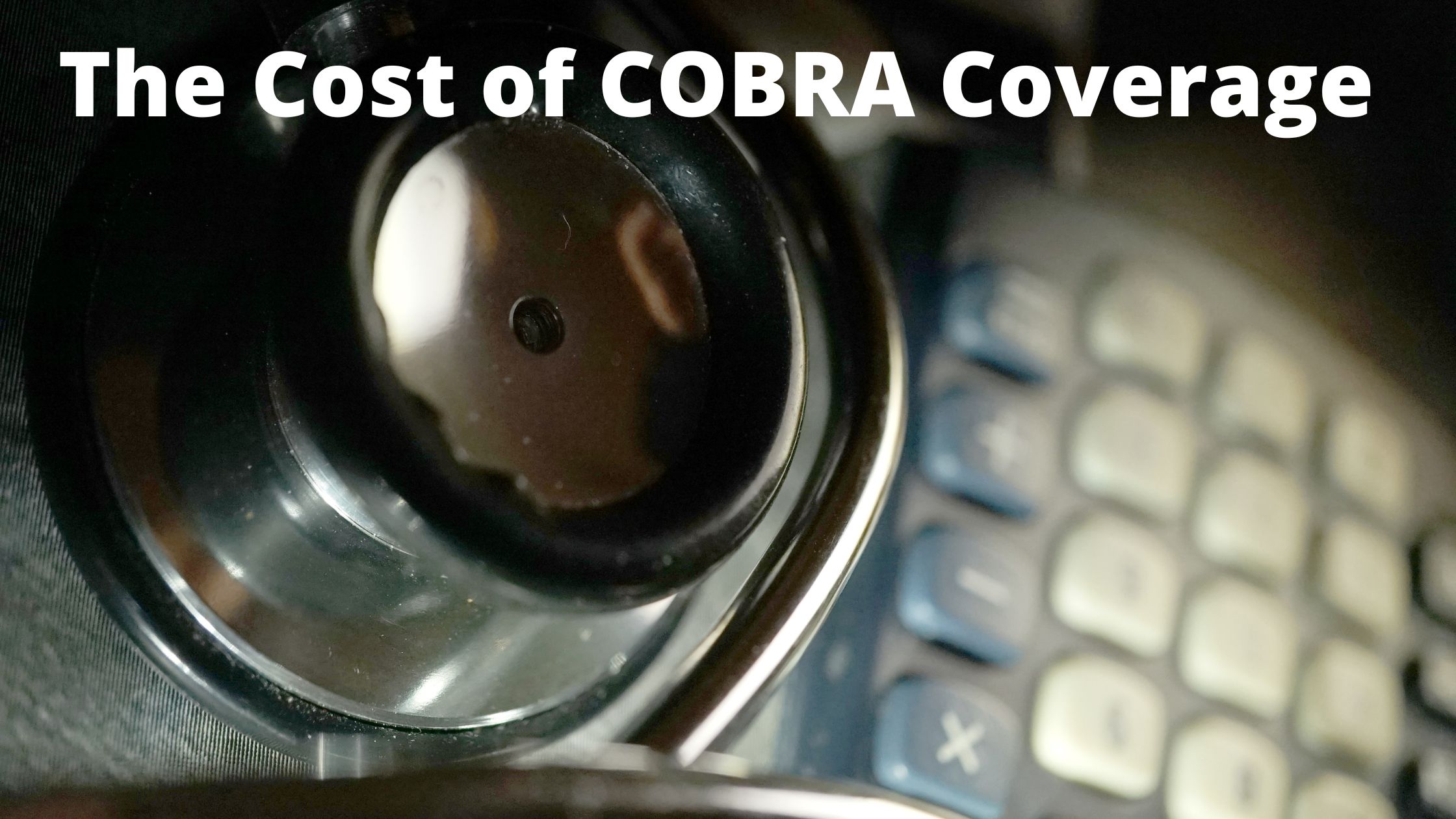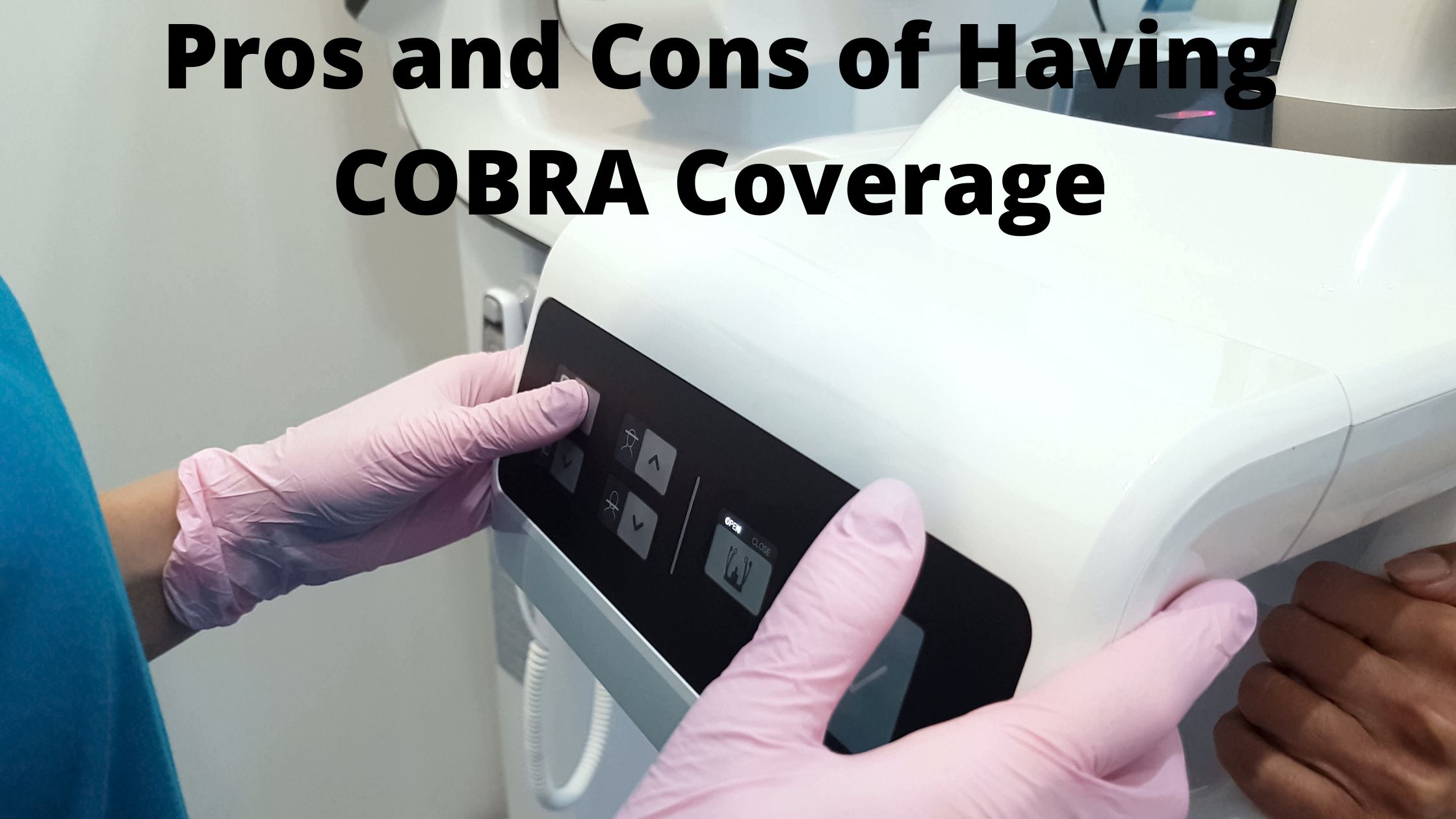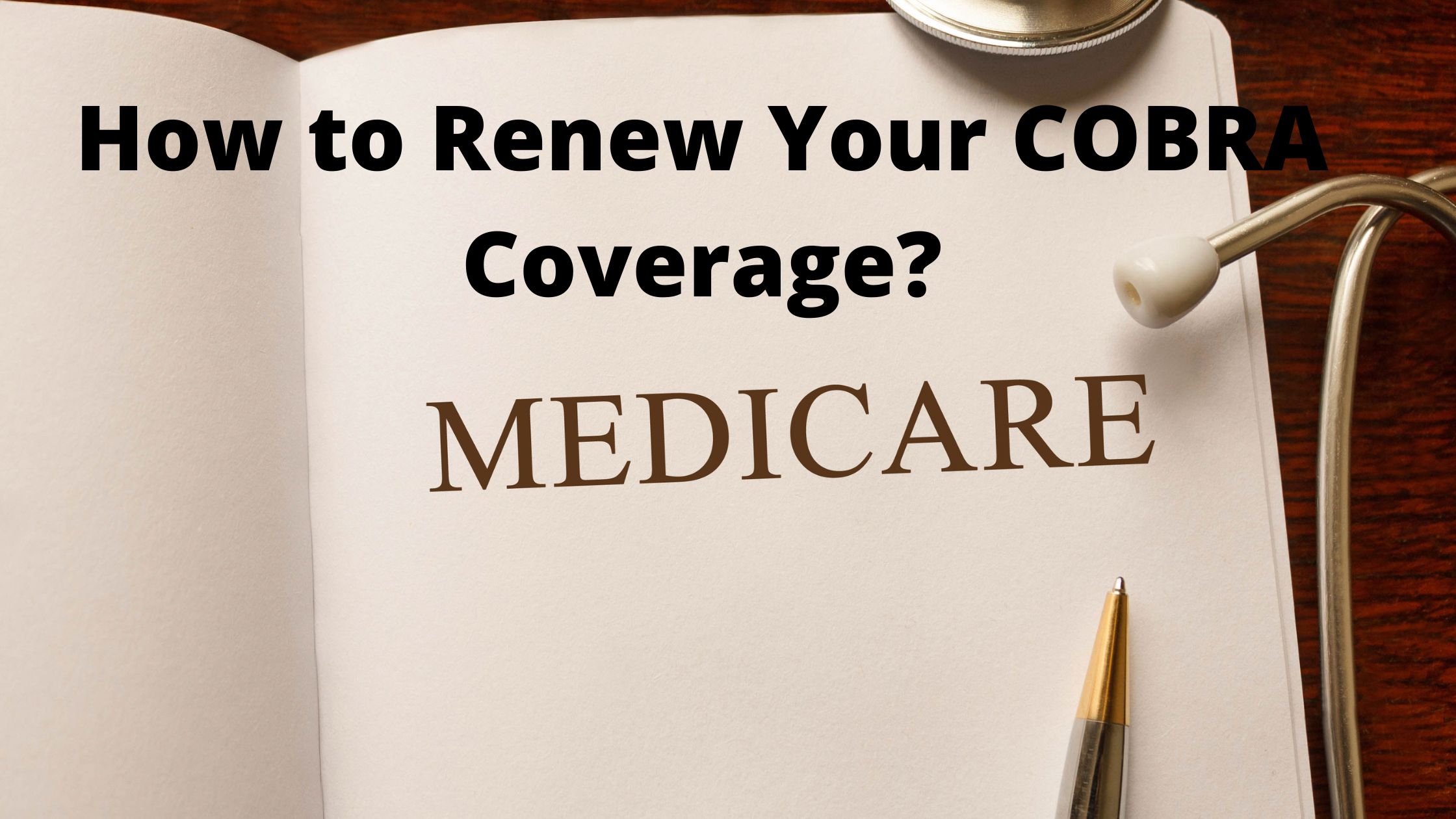If you’re like most people, you probably have a few things on your to-do list that are a bit more pressing than continuing your COBRA coverage. Unfortunately, if you haven’t already made the decision to put off Part B of your COBRA plan, that may soon change. The Affordable Care Act (ACA) requires small businesses with 50 or fewer employees to offer coverage to their full-time employees and their dependents, regardless of whether they have health insurance through their employer.
What is COBRA?
If you have a job, you may be thinking about putting off your Part B enrollment until after your current contract expires. Why? Because if you are covered under your employer’s COBRA plan, you may be able to continue coverage without paying any premiums.
Before we go any further, it’s important to understand what COBRA is and what it covers. COBRA is the Consolidated Omnibus Budget Reconciliation Act of 1985. It’s a federal law that provides workers with continued health insurance coverage after their jobs are terminated or they retire.
Under COBRA, your employer must pay for at least 60 days of coverage after you leave your job. This coverage is usually much more comprehensive than what you would receive from a regular health insurance policy. In addition, COBRA can help you qualify for other benefits, like disability insurance and death benefits.
So if you’re worried about how much your healthcare costs will increased when your current contract expires, consider waiting until after COBRA coverage ends to enroll in Part B. You may be surprised at just how little the premiums will cost you.
The Cost of COBRA Coverage
COBRA is a valuable coverage option for many workers. However, if you have a qualifying event that triggers its coverage, the cost of COBRA can be expensive. Here are four reasons why you might want to consider putting off part B of your COBRA plan:
1. You Might not Qualify for Part B Coverage. If you have had a qualifying event, you might not be eligible for part B coverage. This includes events like losing your job, being laid off, or being fired for cause. You may also not qualify if you have been covered by part A of your COBRA plan for less than 180 days in the 12 months before your qualifying event.
2. The Cost of Part B Coverage Can Be High. The cost of part B coverage can be high, especially if you are covered by a high-deductible health plan (HDHP). The maximum cost of coverage under part B is $5,500 per year for individuals and $10,000 per year for families. These costs may be more than you can afford if your income is low or if you have other health expenses.
3. You Might Not Benefit from Full Coverage under Part B. If you are
Pros and Cons of Having COBRA Coverage
COBRA Insurance is a type of insurance plan that is offered by employers to their employees. The coverage of COBRA insurance usually lasts for a period of 12 months, but can be extended for an additional year. If you are covered under a COBRA plan, you have the option to continue your coverage under the same terms or transfer the coverage to another employer.
There are many benefits to having COBRA insurance, but there are also some cons. Here are some of the pros and cons of having COBRA coverage:
PRO: Continued Coverage While You’re Searching for New Employment.
If you’re out of work and looking for new employment, having COBRA insurance will give you some peace of mind knowing that you will have coverage until you find a new job. This is especially important if you have young children who are dependent on your income.
CON: Expensive premiums and potential payments in case of unemployment or disability.
COBRA premiums can be expensive, and if you lose your job or become disabled while covered under COBRA, you may have to pay large payments in order to continue your coverage.
PRO: Easy Transfer
How to Enroll in COBRA?
COBRA is a type of health insurance coverage that you can use if you have a job with a company that offers it.
If you have a job, the first step is to see if your company offers COBRA coverage. If so, you need to apply for coverage.
The application process is simple. You will need to provide your name, address, social security number, and employer identification number. You will also need to provide information about your coverage under your old job, such as the date of your termination and your benefits under that plan.
Once you have completed the application process, your company will send you a notice about your COBRA eligibility. You will need to complete and sign the notice and return it to your employer. Your employer must then give you a copy of the notice and an enrollment form.
The enrollment form asks you questions about your health insurance coverage under your old job and whether you want to continue that coverage under COBRA. You will also be asked whether you want to receive premium assistance payments from your employer during the COBRA period. Premium assistance payments are paid by your employer directly to the health insurance company on behalf
How to Renew Your COBRA Coverage?
If you have a COBRA policy, it’s important to know that you can renew your coverage at any time before it expires. However, there are some things to keep in mind if you decide to renew your coverage:
-You may be eligible for a premium reduction if you renew within the first six months of your policy’s expiration date.
-If you elect to continue your coverage under your original plan terms after your current policy expires, you will likely be required to pay more out-of-pocket expenses and may lose some benefits (e.g., prescription drug coverage).
-If you decide not to renew your COBRA policy, you may no longer be able to continue receiving health care benefits from your previous employer.
Conclusion
If you are considering putting off Part B of your COBRA plan, there are a few reasons why. First and foremost, if you do put it off and something happens that requires you to have the coverage, such as losing your job or having a serious health issue arise, you will be responsible for paying for the entire month of coverage retroactively. Additionally, if you put Part B off and then decide to terminate your COBRA coverage earlier than planned, you will owe premium payments for the entire length of the policy period – even though technically you were not covered by it at all! If this is something that concerns you, talk to an agent about whether postponing Part B might be wiser on your part.


